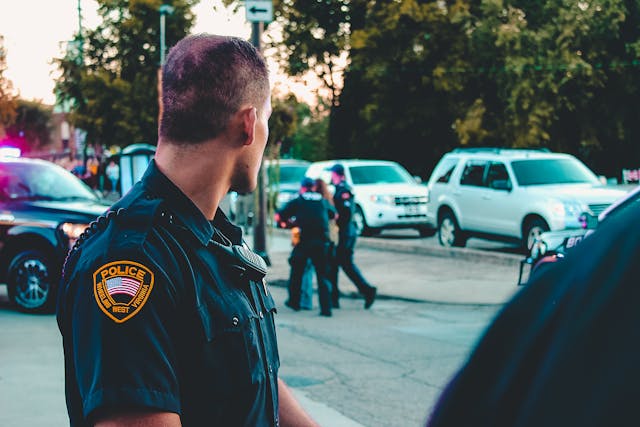
What are the Miranda rights? The Miranda rights are a set of warnings that have to be given by police to suspects that they intend to interrogate for information. If the police don’t read you your Miranda rights before you are interrogated and you go on to provide important information that proves your guilt, this can sometimes not be admissible in court.
We have probably all heard the Miranda rights in a thousand American movies and TV shows. “You have the right to remain silent. Anything you say can and will be used against you in a court of law. You have the right to an attorney. If you cannot afford an attorney, one will be provided for you. Do you understand the rights I have just read to you? With these rights in mind, do you wish to speak to me?” The wording changes from state to state, but the idea is the same.
Thanks to all of the TV shows we have seen, we would be forgiven for thinking that the Miranda rights have to be read at the point of arrest. The perp is slapped in handcuffs and the police office begins; “You have the right to remain silent…” And if they forget to read the rights, then the defense attorney will tear them apart in court. However, this is not the way they are used. They don’t have to be read at the point of arrest. They only need to be read if a suspect is in custody and is going to be interrogated. If someone is just being questioned by the police, but hasn’t been arrested, the Miranda rights are not necessary because that person can walk away at any time. If the person has been arrested, but the police don’t intend to interrogate them, then there is no need for the Miranda rights.
What happens if they are not read? If the Miranda rights are not read, then the police and the prosecutor can’t use any part of the interrogation that proves the guilt of the defendant. The idea of the rights is to protect against self-incrimination, which is where you make a statement that exposes you to criminal liability and prosecution. Most countries take measures so that criminals are not forced to incriminate themselves. Basically, the police and the state can’t force you to be a witness against yourself. It is their job to prove what you did, not to make you prove it. So, if the police haven’t advised you of your Miranda rights before questioning and you go on to give evidence of your guilt, they are not allowed to use it. There are a few exceptions. They can use the information to show what a terrible person you are in general. They can use what you said to go off and find other evidence, then use that evidence but not the original statement you made. And they are allowed to use it if you are a danger to the public.
Why are they called Miranda rights? They are named after Ernesto Miranda, a man who kidnapped and raped a woman in 1963. His car was seen by the brother of the victim and Miranda was arrested by the police. He was interrogated for two hours and he wrote a full confession. He was obviously not read his Miranda rights because they hadn’t been invented yet. At court, he was found guilty and sentenced to 20 to 30 years. Miranda’s attorney didn’t like the confession being used because Miranda had had no idea that he didn’t have to say anything, didn’t have to confess, and had no attorney present. They took the case to the Supreme Court and the case Miranda vs Arizona was heard in 1965. The court agreed with the attorney that Miranda had not been informed of his rights before interrogation. They quashed his conviction and started to issue Miranda rights cards with the well-known text to all police officer. A person must clearly have their rights explained to them before interrogation.
Miranda was rearrested and retried. This time he was read his rights and he was found guilty again. He was sentenced to the same prison term, but only served ten years. He made a living after that signing Miranda rights cards for police officers, which seems a bit sick. He was stabbed to death in 1976. And this is what I learned today.
Sources
http://www.mirandawarning.org/whatareyourmirandarights.html
https://en.wikipedia.org/wiki/Miranda_warning
https://en.wikipedia.org/wiki/Miranda_v._Arizona
https://en.wikipedia.org/wiki/Ernesto_Miranda
https://www.nolo.com/legal-encyclopedia/police-questioning-miranda-warnings-29930.html
Photo by Rosemary Ketchum: https://www.pexels.com/photo/man-wearing-black-officer-uniform-1464230/
